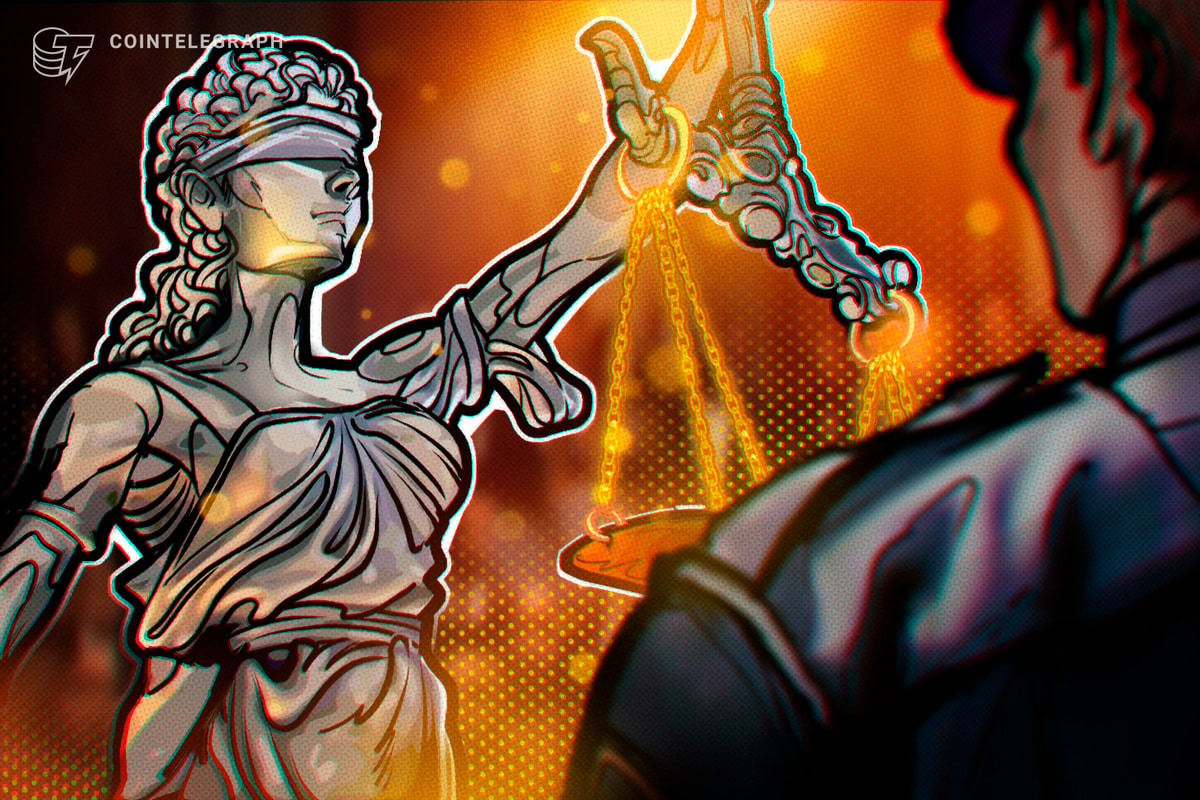Federal prosecutors have requested that former FTX CEO Sam Bankman-Fried's (SBF) bail conditions are modified to prevent further alleged attempts at influencing witnesses’ testimonies.
Court documents filed on Jan. 27 revealed that The Department of Justice (DOJ) have asked U.S. District Court Judge Lewis Kaplan to ban Bankman-Fried from communicating with “current or former employees” of FTX or Alameda.
The prosecutors have requested this after they alleged that Bankman-Fried had reached out to Ryne Miller, the current General Counsel of FTX US, over Signal and email on Jan. 15 attempting to “influence” Miller’s testimony. The document quoted:
“I would really love to reconnect and see if there’s a way for us to have a constructive relationship, use each other as resources when possible, or at least vet things with each other.”
The prosecutors also requested that Bankman-Fried is banned from using encrypted communication applications.
“The defendant shall not use any encrypted or ephemeral call or messaging application, including but not limited to Signal.”
The document further alleged that Bankman-Fried’s use of Signal is consistent with "a history" of using the application for obstructive purposes.
Related: FTX bankruptcy lawyer: debtors face 'assault by Twitter' stemming from Sam Bankman-Fried
It was previously reported in December 2022 that Bankman-Fried denied any involvement or knowledge of a “Wirefraud” group chat on Signal, hours before his arrest by Bahamian police.
The group chat reportedly included members of Bankman-Fried’s inner circle, including FTX co-founder Zixiao “Gary” Wang, FTX engineer Nishad Singh and former Alameda CEO Caroline Ellison – who allegedly used the group to send secret information about FTX and Alameda in the lead-up to the collapse.
This comes after lawyers representing FTX in the bankruptcy proceedings had reportedly argued on Jan. 26 that Bankman-Fried’s immediate family should face questioning regarding any financial benefits they may have received from the exchange.










